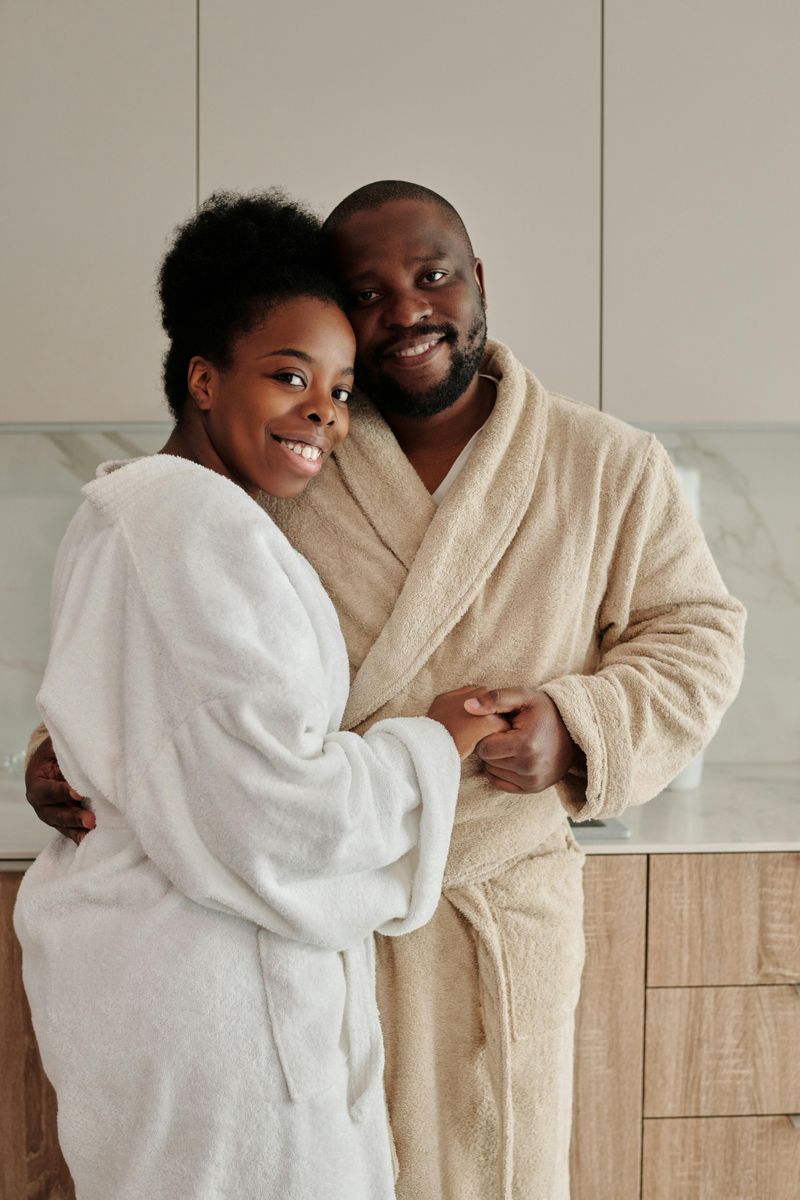11 Expectations That Could Be Unhealthy in a Partnership

Relationships thrive on mutual respect, understanding, and realistic expectations. When we enter partnerships with unreasonable demands or assumptions, we set ourselves up for disappointment and conflict. Many couples struggle because they’re holding onto expectations that actually harm their connection rather than strengthen it. Let’s explore some common relationship expectations that might seem normal but could actually be damaging the bond you share with your partner.
1. Your Partner Should Read Your Mind

It’s common to assume that a partner should just know what you need without being told. But when those needs go unspoken, it often results in frustration and unmet expectations.
Healthy relationships require clear, honest conversations about needs and feelings. Nobody possesses magical mind-reading abilities, no matter how long you’ve been together. Even the most attentive partners can’t always anticipate your thoughts.
Instead of expecting telepathy, practice expressing yourself directly. Your relationship will grow stronger through open dialogue rather than unspoken assumptions.
2. Complete Honesty About Everything

Some believe that total openness—about everything from past partners to daily routines—is a sign of deep love. But this expectation can unintentionally cause friction and erode trust.
Everyone deserves personal privacy and mental space, even in committed relationships. Forcing complete disclosure often stems from insecurity rather than trust. Partners need breathing room to process their own thoughts before sharing them.
Healthy boundaries actually strengthen relationships. Focus on honesty about important matters while respecting each other’s right to private thoughts and harmless secrets that don’t affect the relationship’s foundation.
3. Never Fighting or Disagreeing

Conflict avoidance might seem ideal, but expecting a fight-free relationship creates pressure. When disagreements inevitably arise, couples feel they’ve failed their relationship standard.
Healthy partnerships include respectful disagreements. Different perspectives and occasional conflicts are normal human interactions. The important factor isn’t whether you argue but how you handle those disagreements.
Couples who learn to disagree constructively often develop stronger bonds. They practice listening, compromise, and finding solutions together rather than suppressing their true feelings to maintain artificial harmony.
4. Constant Emotional Availability

Expecting your partner to always be emotionally available creates an impossible standard. Everyone experiences times when they’re drained, distracted, or simply need personal space to recharge.
Partners who demand constant emotional presence often don’t recognize the pressure this creates. Even the most loving people have limits to their emotional bandwidth. Work stress, family issues, or personal struggles can temporarily reduce someone’s capacity to provide emotional support.
Respecting each other’s emotional rhythms builds a more sustainable relationship. Understanding that emotional availability naturally fluctuates helps couples support each other without resentment or burnout.
5. Your Partner Should Make You Happy

When your sense of happiness relies entirely on your partner, the relationship can become strained. Emotional balance is healthiest when it starts from within.
Personal happiness comes primarily from within. While partners can certainly contribute joy and support, they cannot be responsible for filling emotional voids or fixing unhappiness. This expectation often leads to disappointment and resentment when the other person inevitably falls short.
Healthier relationships form when both people maintain their own happiness and share it with each other, rather than expecting the relationship to provide what’s missing in their lives.
6. Losing Individual Identity

Believing that love requires complete overlap—friends, interests, even routines—can unintentionally lead to frustration. Without room to grow separately, people may begin to feel stifled.
Healthy partnerships thrive when both people maintain their unique personalities and interests. Having separate friends and activities actually brings fresh energy into the relationship. Partners who preserve their individuality often have more to share with each other.
Supporting each other’s personal growth while building a shared life creates balance. The strongest relationships consist of two whole people choosing to be together, not two halves desperately needing each other to feel complete.
7. Never Being Attracted to Others

Many people believe that finding others attractive means something is wrong with their relationship. This unrealistic expectation creates unnecessary guilt and shame for normal human experiences.
Noticing attractive qualities in others is natural and doesn’t diminish love for your partner. The human brain is wired to notice attractive features – it’s what we do with those observations that matters. Commitment means choosing your partner regardless of fleeting attractions.
Trusting relationships acknowledge this reality without making it threatening. The difference between healthy partnerships and unhealthy ones isn’t whether attraction to others occurs, but how couples handle these normal feelings with respect and boundaries.
8. Constant Romantic Gestures

Movies and social media often create expectations of endless romantic surprises and grand gestures. Real-life relationships rarely maintain this intensity, leading to disappointment when everyday life takes over.
Love expresses itself differently as relationships mature. The quiet reliability of a partner who handles household responsibilities or listens after a hard day often means more than flowers or fancy dates. These everyday acts of care form the foundation of lasting partnerships.
Appreciating different expressions of love helps relationships thrive beyond the honeymoon phase. Understanding that romance evolves rather than disappears allows couples to recognize love in its many changing forms.
9. Having the Same Life Goals

Assuming partners must share identical ambitions creates pressure when natural differences emerge. People change throughout life, and personal goals often evolve in unexpected directions.
Successful partnerships require compatible—not identical—visions. Partners can support each other’s different dreams while finding compromise on major life decisions. The key is whether your core values align, not whether every aspiration matches perfectly.
Relationships thrive when partners champion each other’s individual goals while building shared ones. This balance allows for personal growth and mutual support without forcing either person to abandon important aspects of themselves.
10. Always Putting Your Partner First

The belief that love means consistently prioritizing your partner above everything else can lead to unhealthy sacrifice. This expectation often results in neglected friendships, abandoned personal goals, and eventual resentment.
Balance matters in healthy relationships. Sometimes your partner’s needs should come first, but other times your work, health, family, or personal development deserves priority. People who consistently sacrifice their own wellbeing often become depleted and unhappy.
Strong partnerships involve give and take, with both people supporting each other while maintaining their own needs. This balanced approach creates sustainable relationships where both partners can thrive.
11. Never Changing or Growing Apart
Expecting relationships to remain frozen in time creates anxiety when natural evolution occurs. People grow and change throughout life – sometimes together, sometimes in different directions.
Healthy partnerships embrace personal growth rather than resisting it. Partners who support each other’s evolution often discover new dimensions to love and connection. The relationship itself transforms as the individuals within it develop.
Rather than fearing change, resilient couples adapt to it together. They regularly check in about evolving needs and desires, renegotiating aspects of their relationship as necessary while maintaining their core commitment to each other’s wellbeing.

Comments
Loading…